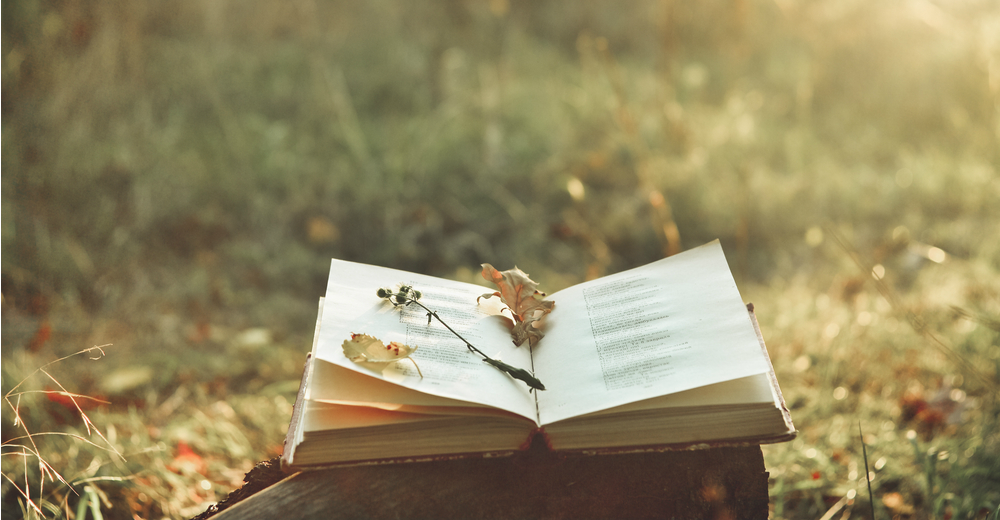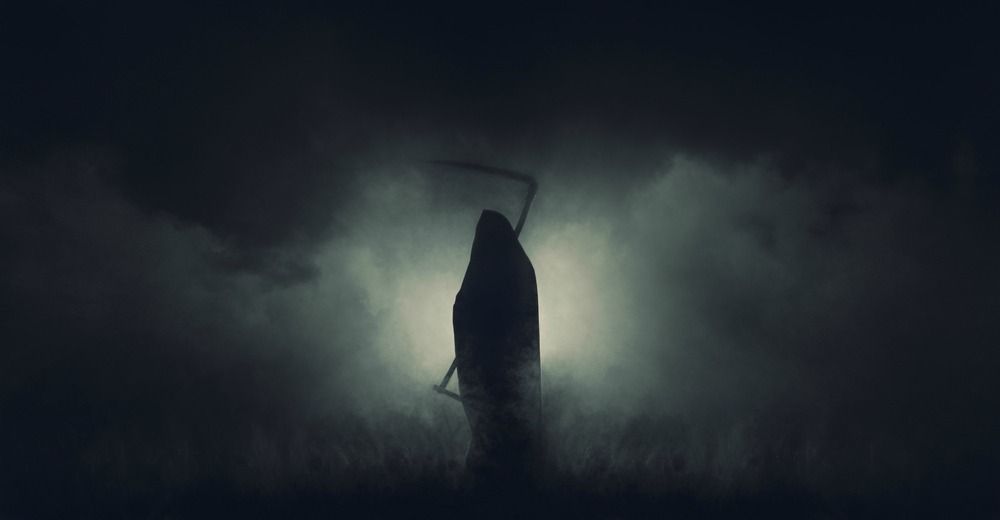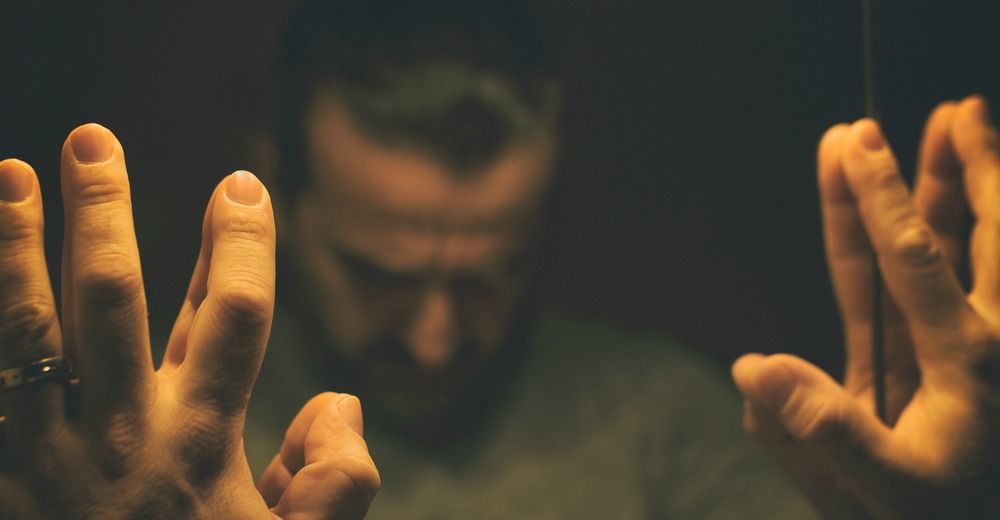

Do You Know These Famous Lines From Iconic Poems?
Working our magic...

Get your results & other quizzes sent to your inbox!
Please, be patient, your results are being generated!
Working our magic...

Save all future quiz results by signing in!
(you won’t lose your spot!)
Please, be patient, your results are being generated!
Poetry is part of our cultural consciousness. Whether it’s the rose that smells as sweet by any other name, or the two roads in the woods, there are some poems and phrases that we all seem to know.
But just how well do you know them? Do you know poetry well enough to identify a poem based solely Show More
Poetry is part of our cultural consciousness. Whether it’s the rose that smells as sweet by any other name, or the two roads in the woods, there are some poems and phrases that we all seem to know.
But just how well do you know them? Do you know poetry well enough to identify a poem based solely on its most famous line? Or could you name the author of some of the most well known poems in the English language? We’re about to test your poetic knowledge with some iconic, but tricky poems.
These poems cover topics from death to love to nature to what it means to be human, and everything in between. Are you ready for a quiz that gets at the fundamental questions of life? Or maybe it’s just a memory game to see if you can recall who wrote what. Let’s jump in and see how you feel about these poems.

Which poem contains the line, “Two roads diverged in a wood”?
- “The Road Not Taken” by Robert Frost
- “Stopping by Woods on a Snowy Evening” by Robert Frost
- “Out, Out” by Robert Frost
- “Birches” by Robert Frost

We love the line, "Do I contradict myself? Very well, I contradict myself. I am large, I contain multitudes," whenever someone calls us out. Which poem is it from?
- “A Life” by Sylvia Plath
- “I Taught Myself to Live Simply” by Anna Akhmatova
- “Phenomenal Woman” by Maya Angelou
- “Song of Myself” by Walt Whitman

You may disagree, but the line, “‘Tis better to have loved and lost than never to have loved at all” has been quoted as wisdom time and again. Who wrote it?
- Langston Hughes
- Oscar Wilde
- Alfred, Lord Tennyson
- Lord Byron

“Water, water, everywhere, nor any drop to drink." Who is so very thirsty and what poem are they writing?
- Samuel Taylor Coleridge in “Rime of the Ancient Mariner”
- Walt Whitman in “O Captain, My Captain!”
- Percy Bysshe Shelley in “Ode to the West Wind”
- Lord Byron in “She Walks in Beauty”

On the darker side of the spectrum, who wrote, "Because I could not stop for death/He kindly stopped for me"?
- Mary Shelley
- Sylvia Plath
- Anne Sexton
- Emily Dickinson

Who “wandered lonely as a cloud” and in which poem?
- Pablo Neruda in “If You Forget Me”
- William Wordsworth in “Daffodils”
- Edgar Allen Poe in “A Dream Within a Dream”
- Christina Georgina Rossetti in “Remember”

It might seem a bit pretentious, but, "Look on my works, ye mighty, and despair" is the ninth most quoted line of poetry. What's it from?
- “Ozymandias” by Percy Bysshe Shelley
- “The Highwayman” by Alfred Noyes
- “Fire and Ice” by Robert Frost
- “Do Not Go Gentle into That Good Night” by Dylan Thomas

All of us have heard Shakespeare's famous line, "To be or not to be; that is the question." Which play is it from?
- King Lear
- Hamlet
- Romeo and Juliet
- Macbeth

Sticking with our theme of darkness, which poem includes, "So this is how the world ends, not with a bang but with a whimper"?
- “Not Waving but Drowning” by Stevie Smith
- “Death Be Not Proud” by John Donne
- “The Hollow Men” by T.S. Eliot
- “Anthem for Doomed Youth” by Wilfred Owen

You may not have known that this line actually comes from a poem. Who wrote, "To err is human; to forgive, divine," and in which poem?
- Alexander Pope in “An Essay on Criticism”
- e.e. cummings in “Seeker of Truth”
- Robert Frost in “Fire and Ice”
- William Ernest Henley in “Invictus: The Unconquerable”

Let's try something uplifting: "Beauty is truth, truth beauty; that is all." What poem is that from?
- “Lovesong” by Ted Hughes
- “Ode to a Grecian Urn” by John Keats
- “One Art” by Elizabeth Bishop
- “Annabel Lee” by Edgar Allen Poe

Let's end on love: "How do I love thee? Let me count the ways."
- “Sonnet 43” by Elizabeth Barrett Browning
- “Sonnet LXCI: I Do Not Love You Except Because I Love You” by Pablo Neruda
- “A Lover’s Call” by Khalil Gibran
- “‘Hope’ Is a Thing with Feathers” by Emily Dickinson

Last question - how would you rate this quiz?
- I loved it!
- It was pretty okay.
- Not great…
 We've got more quizzes for you:
We've got more quizzes for you:

You have subscribed successfully










What did you get? Let us know in the comments!